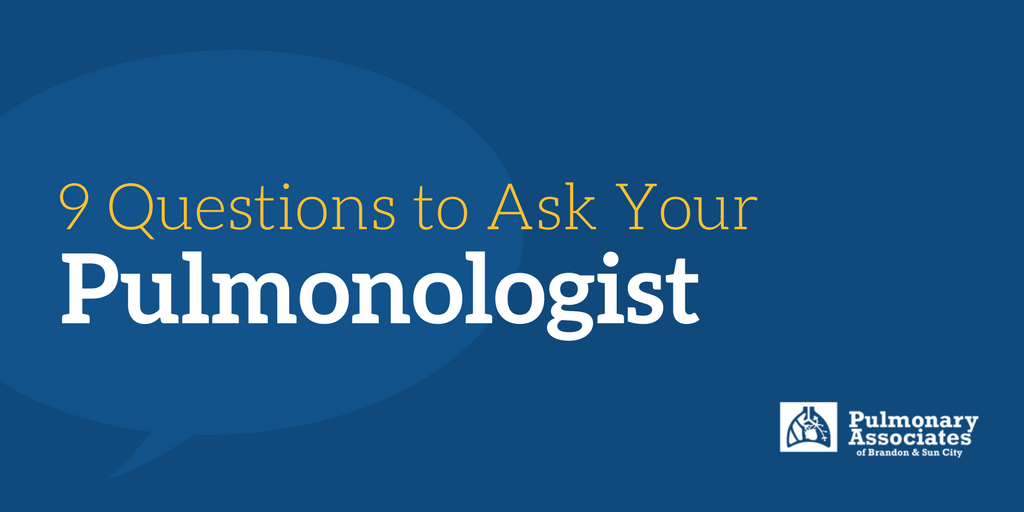If your primary care doctor suggests you may have a lung or breathing ailment such as Chronic Obstructive Pulmonary Disease or COPD, you may be referred to a pulmonologist or a doctor who specializes in lung disorders. If you’ve never been to see a pulmonologist before, it would be wise to prepare yourself for the initial appointment with a list of questions to ask. By arming yourself with the best possible arsenal to obtain information, you will be better equipped to handle any diagnosis. Here are some questions to ask your doctor during your visit.
What Should You Ask Your Pulmonologist?
1. Can you explain the tests you are running?
Understanding the tests that will be run will help you to better prepare for them.
2. What’s my Diagnosis?
This may seem like something you don’t even need to ask, but to be certain, I would
3. What is likely causing or worsening my symptoms?
Asking this question ensures that if there are certain behaviors that are causing a flare up of your symptoms, you can deviate or avoid these behaviors.
4. What is an appropriate level of physical activity for my diagnosis?
Be ready to talk to your pulmonary specialist about your diet or exercise regimen and any challenges you may experience starting one.
5. How often should I be screened for changes?
This is an important question to ask regarding maintenance for your condition. Knowing when to follow up with your doctor is an important part of maintaining lung health and keeping any chronic pulmonary diseases under control.
6. Are you prescribing me anything for the symptoms?
It’s important to understand any medications you will be prescribed as well as any side effects of the medication.
7. Are there things I can do to manage this (chronic) condition?
Ask what types of habits and activities you can do on your own time to keep your condition under control or even lessen some of the symptoms of your illness.
8. Are there any additional restrictions for my diagnosis?
Be sure to ask and understand any restrictions that your illness may pose to your current regimen.
9. What should I do if my symptoms increase?
Ask your doctor when to contact them when symptoms worsen to avoid an unnecessary trip to the ER.
In addition to asking the right questions during the appointment, it’s essential to be prepared before the appointment as well. Here are some things you can do to prepare for your first appointment with a pulmonology specialist.
How to Prepare for Your First Appointment with Pulmonary Associates
Write down all symptoms you have experienced
Take note of what things make your symptoms worse or better
Ask family members if anyone has experienced similar symptoms or were diagnosed with a chronic lung disease
List any medications you are currently taking
See if a family member or close friend can accompany you to your appointment
Preparing for your first appointment with a pulmonologist is critical to receiving the best possible care. By asking the right questions and educating yourself on your diagnosis, you will be better able to maintain your condition and suppress your symptoms. Be sure to write down these questions and bring them with you so you don’t forget to ask anything!

